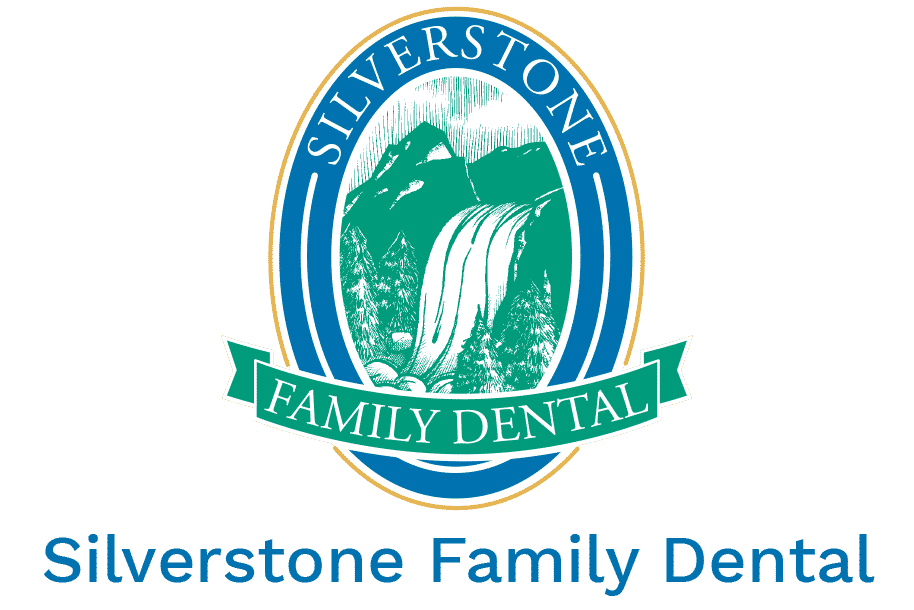TREATMENT FOR SLEEP APNEA MERIDIAN
Sleep Apnea is a common and serious sleeping disorder which occurs when your regular breathing is interrupted during sleep. There are two main types of sleep apnea Central Sleep Apnea (CSA) and Obsturctive Sleep Apena (OSA).
Sleep Apnea
Central Sleep Apnea
Occurs as a result of communication failure between the brain and the muscles responsible for breathing. There are no anatomical constrictions with this type of sleep apnea.
Obstructive Sleep Apnea (OSA)
Occurs when muscles relax allowing anatomical features partially or completely block your upper airway during sleep. The obstructive sleep apnea requires your diaphragm and chest muscles to work harder to open the obstructed airway and pull air into the lungs.
Common manifestations of OSA are:
- Excessive daytime sleepiness
- Arrested breathing during sleep
- Waking from sleep with gasping or choking
- Acid reflux
- High blood pressure
- Frequent trips to urinate during sleep
- Awakening in morning not feeling rested
- Morning headache
- Bruxism
- Loud or consistent snoring
- Nighttime sweating
- Decreased libido
- Difficulty concentrating during the day
- Scalloping of the tongue
Signs of Central Sleep Apnea
One of the most common signs of obstructive sleep apnea is snoring. However, just because you snore does not mean you have obstructive sleep apnea. A sleep specialist would help determine if you are only snoring or have a deeper underlying condition. To obtain a sleep study your physician can refer you to a sleep study center where a significant number of electrodes will be placed on your body for monitoring during sleep. Alternatively, we can dispense a take home sleep test which will record data while you sleep. The information acquired, while you sleep in the privacy of your own home, will later be uploaded and interoperated by a board certified sleep doctor. The sleep unit will record:
- The duration worn
- Time of onset of sleep
- Efficiency of sleep
- Position of sleep
- Heart rate during sleep
- Loudness of snoring
- Apnea-hypoxia episodes
- Oxygenation levels
For true OSA, a CPAP (Continuous Positive Air Pressure) machine is the most effective treatment modality. However, if you have a diagnosis of mild to moderate OSA, or merely snore, an oral appliance may provide more than adequate therapy. An oral appliance is less invasive, quieter, and easier to travel with than a CPAP. The appliance will open the space between your teeth and move your lower jaw forward. This bi-directional movement will decrease the ability for anatomical structures to occlude your airway.
Obstructive Sleep Apnea Occurs
Obstructive sleep apnea (OSA) occurs when your muscles and soft tissues in the back of the throat relax and or collapse when you sleep. It starts to block off your airway and can disrupt breathing. This situation can happen a number of times when you are sleeping. Most of the time you wake yourself up from the sleep, even if your do not remember. The deeper the sleep the harder it is for your brain to wake you up. During REM sleep is when the body is locked into sleep as to not wake you and allow you to dream. Your body has a built in signal to the brain when your blood oxygen levels drop, when this happens your brain signals you to wake up briefly to start breathing again. This cycle repeats as you fall back asleep and enter your REM or state 3 of sleep.
CLENCHING
Clenching is a common manifestation of stress where people exert significant force with the muscles used for closing the jaw. This commonly occurs during day and night time. Clenching can result in sore teeth, muscle fatigue, and chronic headaches or migraines. An NTI (Nociceptive Trigeminal Inhibition) appliance can help with these symptoms. This appliance keeps the back teeth separated, minimizing the amount of force the clenching muscles can generate.
BRUXISM
Bruxism occurs when people grind their teeth, typically at night. Grinding of the teeth can result in significant stress on the teeth. This stress can result in shorter teeth, fractured restorations, cracked teeth, gingival recession, tooth hypersensitivity, muscle and joint pain. An occlusal night guard is often recommended for people with bruxism to protect their teeth while they sleep.
